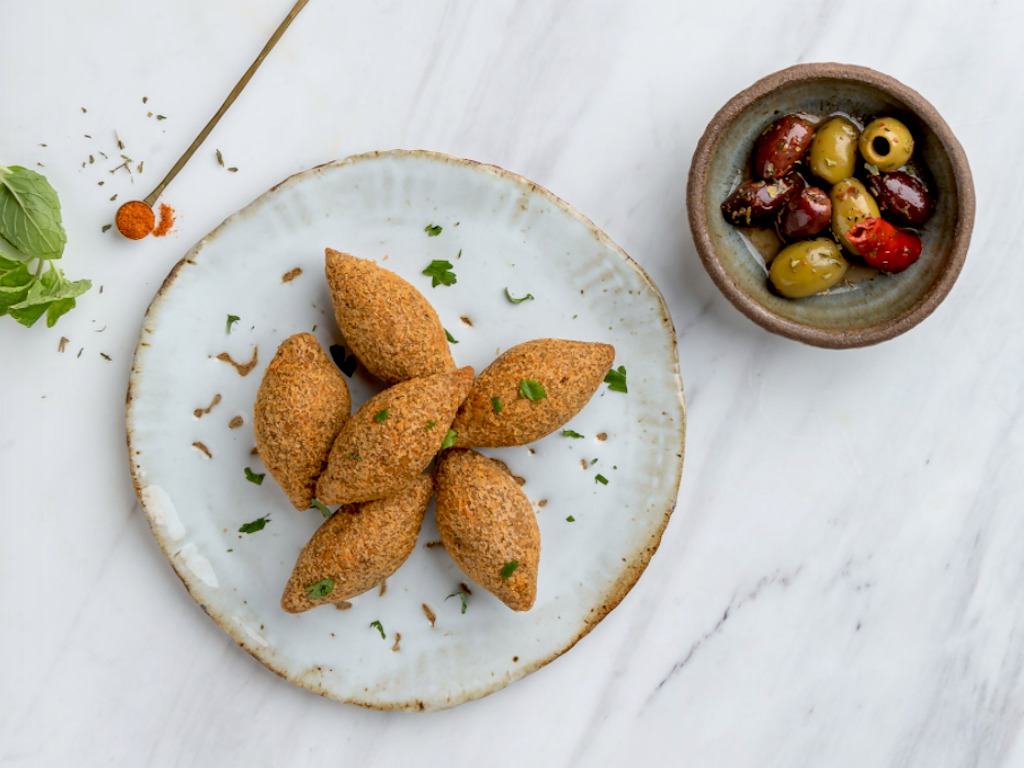6 Mins Read
Alternative protein is taking off all over the world, with consumer demand reaching all-time highs and investor enthusiasm in the food tech space greater than ever before. The Arabian Gulf region is no exception to this trend, where the ecosystem is heating up big-time, with young startups racing to develop novel sustainable proteins, venture capitalists jumping in to back innovations, and governments launching pro-alt protein initiatives in a bid to boost food security. With so much going on, here’s a rundown of the exciting things happening across the region.
Young consumers & rising health concerns are driving up demand
With the average age across the states in the Gulf Cooperation Council (GCC) being just 27 years and over 20% of the total population currently under the age of 15, millennials and Gen Zs are an influential demographic driving consumer trends. Like the rest of the world, younger generations are increasingly conscious of their spending – from whether their clothes are ethically made to the footprint of their plates – and they’re now buying up alternative proteins more than ever before as new products continue to launch on the market. There’s even a Dubai-based Meatless Sundays movement, (in the same vein as Green Monday but adapted to a Middle East audience where the week starts on Sunday.
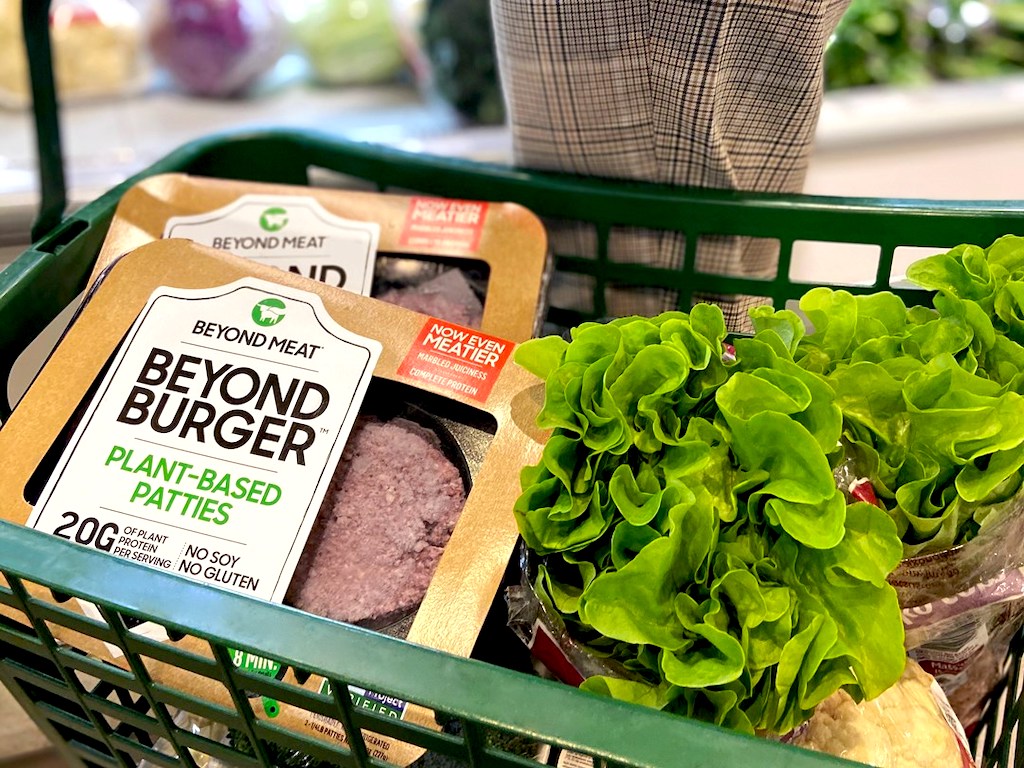
Plus, with the coronavirus pandemic refocusing our attention on health and wellness, eating better and more nutritious foods has become top of mind. Like the rest of the world, rising health concerns and the growing pool of data showcasing the correlation between plant-based diets and lowered risks in terms of heart disease, obesity, diabetes and death from all diseases, is pushing shoppers to pick up meatless alternatives.
Authorities in the region are also concerned about food security, and like many other states, perhaps most notably Singapore, GCC governments are looking to bolster supply chain resilience in the wake of the coronavirus-related disruptions over the past year, with many initiatives in the UAE, Oman and Saudi Arabia underlining alternative protein development as key to their goals.
Bolst Global founder & CEO Victoria Boldison, who works extensively across the Middle East and has supported several plant-based brands to successfully enter most of the Gulf territories over recent years, told Green Queen there is a growing demand in alternative proteins that is becoming more mainstream in both retail and food service channels in the region: “The Gulf territory has a reputation for being a large consumer of meat products and whilst there is still a long way to go to see some of the shift in plant based attitude and consumption, changes are happening across the region. The next five years will see consumers making more conscious decisions when it comes to their protein intake. Plant-based diets and products are widely available in other global regions, but there is a huge opportunity for exporters specialised in this area since there is currently no market leader.”
Boldison also underlines that the sector’s outlook is strong: “It is anticipated that 15-20% of meat consumption in the UAE for example will be plant-based by 2025, with a 4-5% CAGR. Opportunities for producers of meat substitutes also present themselves in the foodservice industry. For example, sales of meat-free burgers in Dubai food outlets increased from 35% to 50% in January 2020 alone and this year’s Veganuary campaign in upmarket retailers such as Spinneys was an overwhelming success amongst its alternative protein listed suppliers. With the growing concerns and the willingness of consumers to adapt a healthier lifestyle, categories such as organic, free-from, and fortified/functional are also likely to experience positive growth across the region.”
Alt protein ecosystem support: VCs and advocacy players fostering innovation
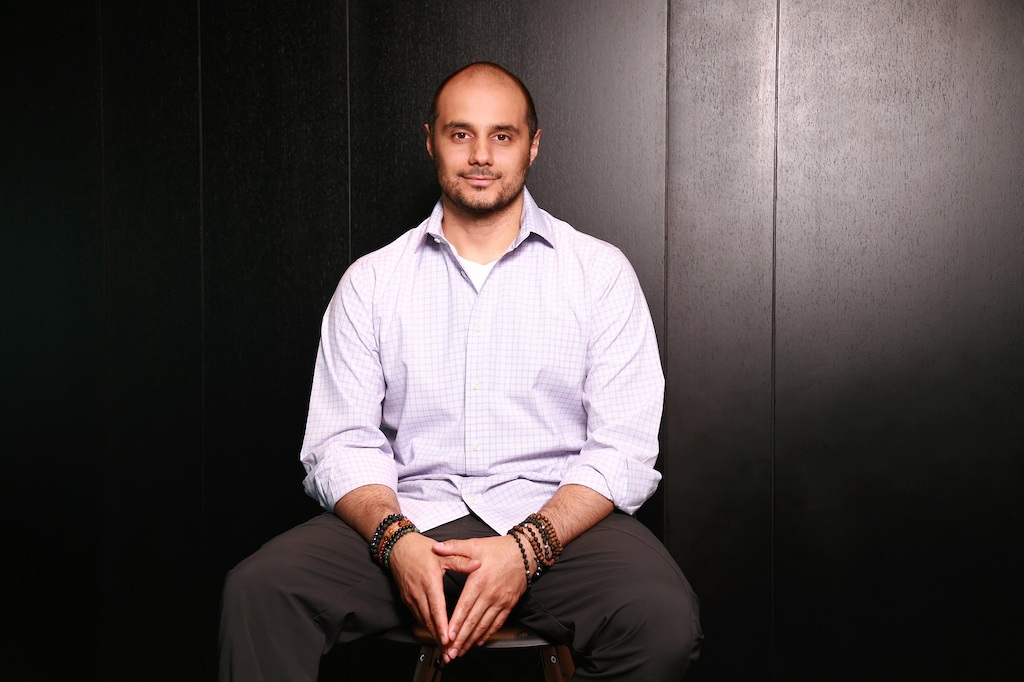
There are a number of players supporting innovation in the alternative protein space, starting off with several venture capitalists backing the most promising entrepreneurs and ventures. Perhaps most notably, Saudi royal Prince Khaled bin Alwaleed bin Talal, the founder and CEO of KBW Ventures, has supported some of the leading food techs in the world, including Beyond Meat, Memphis Meats, TurtleTree Labs and BlueNalu, though regional investment in local talent appears to still be lacking.
Then there’s key influencers like Egyptian celebrity comedian, television host, political satirist and vegan advocate Bassem Youssef, who started the Plant B bilingual educational series on YouTube to promote plant-based eating with his following, and Egyptian-born Canadian actor Mena Massoud, who famously starred in the Disney’s 2019 film Aladdin, who has since published plant-based cookbook Evolving Vegan.

Bloggers with a following have also influenced and grown awareness of alternative proteins amongst the public in the GCC. Take Egyptian Nada Elbarshoumi, who is based in Abu Dhabi and started the region’s first-ever vegan food and lifestyle blog One Arab Vegan, or Saudi vegan chef Almaha AlDossari, who has been credited with pioneering plant-based cuisine in Saudi Arabia.
Food techs and brands across the GCC to watch
Plant-based meat has risen in popularity over the recent years, with foreign brands such as Impossible Foods having launched in the United Arab Emirates since 2015, and the country’s capital Dubai now seeing its Burger King chains roll out plant-based Whoppers made by Unilever-owned The Vegetarian Butcher. Other brands such as Violife, Brooklyn Creamery, Alpro and Daiya have all also entered the market lately.
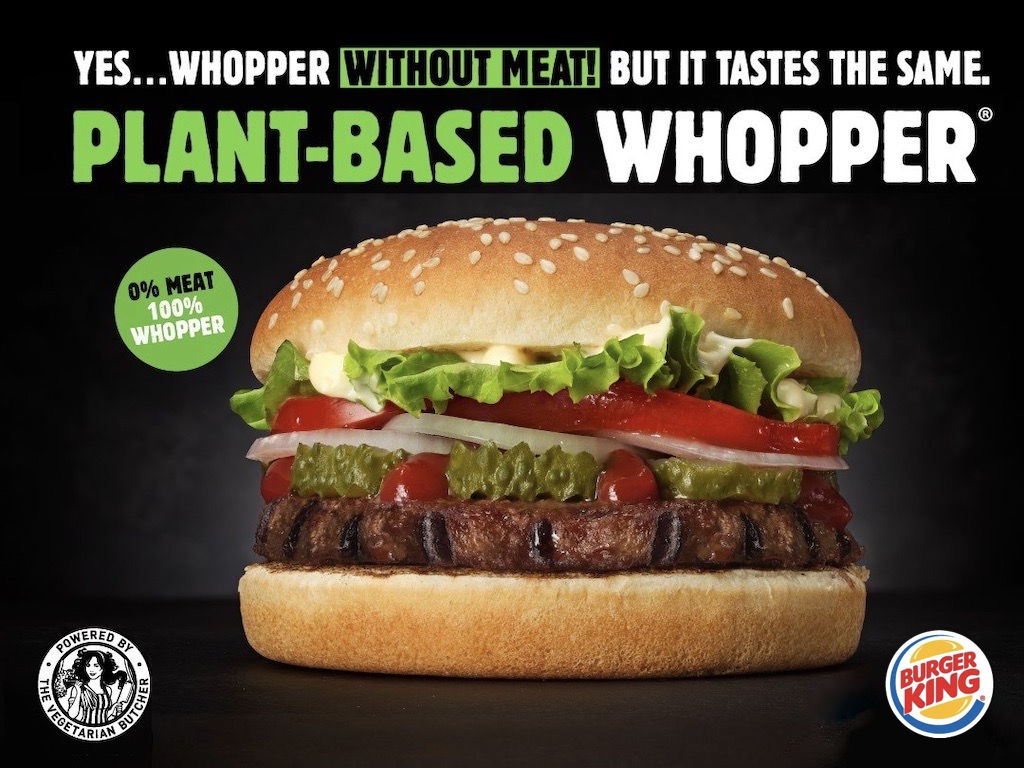
But local startups are rising there too, like Dubai’s Arlene who launched its plant-based ready meals aimed at flexitarians; Healthy Farm, a frozen food brand and subsidiary of the Albatha Group, whose range includes frozen plant-based burgers, meatballs, kebabs and chunks; and of course, Veganity, who famously opened the biggest vegan restaurant in the world in the capital back in 2019. In January this year, one of the biggest Arabic brands, Al Islami Foods, launched the U.A.E.’s first Halal plant-based burger, joining the rising cohort of domestic producers poised to drive growth in the local plant-based industry.
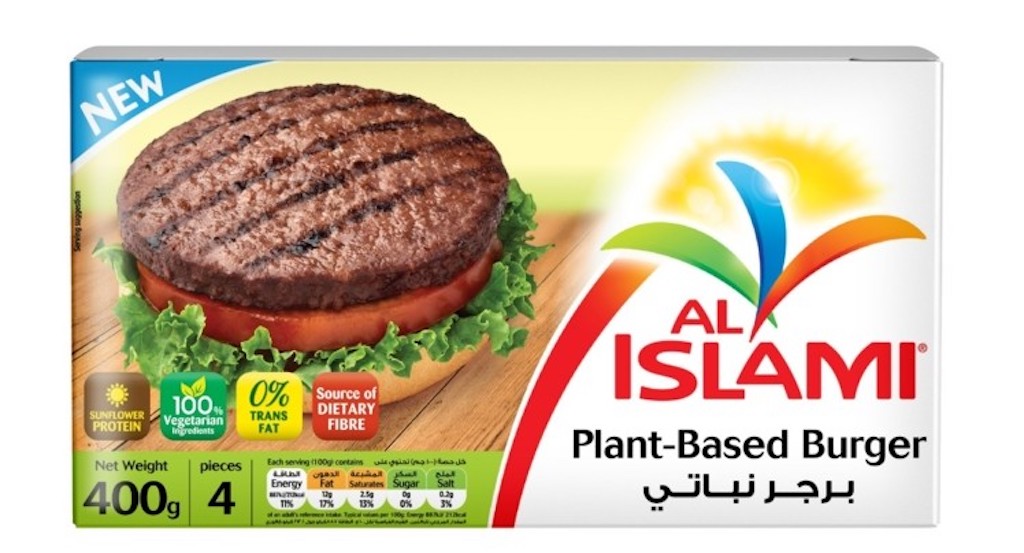
Over in Kuwait, there’s Nabati Burger, a new brand serving the domestic market and other GCC countries with made-in-Kuwait plant-based organic vegan patties, that just began rolling out in 2021. Though still nascent, the Kuwaiti plant-based movement has been slowly building up over the years, partially thanks to civil society and nonprofit efforts to raise public awareness like the Kuwait Vegan Society, which was launched in 2014 by children’s rights activist Dr. Abeer Al-Sharhan.
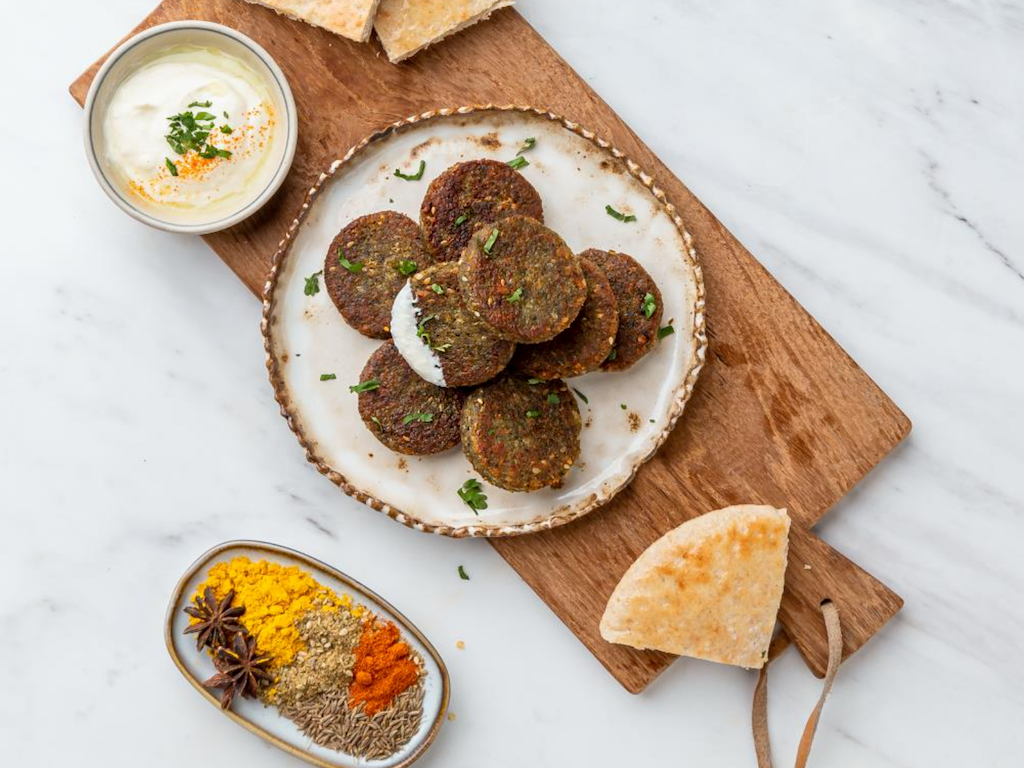
Other homegrown businesses in the alternative protein space include plant-based baking brands like Treat Me Gluten Free, a U.A.E. brand (previously a subscription service) offering customers vegan, organic and clean-label baking mixes made from natural ingredients like coconut sugar, oats, maple syrup, tapioca flour, and Raw Candy Shop, a store in Bahrain offering vegan, refined sugar-free and dairy-free bakery with breads, chocolates, desserts, sweets and more.
With thanks to Dr. Dalal Alghawas who provided some of the research & data for this article.
Lead image courtesy of Arlene.


